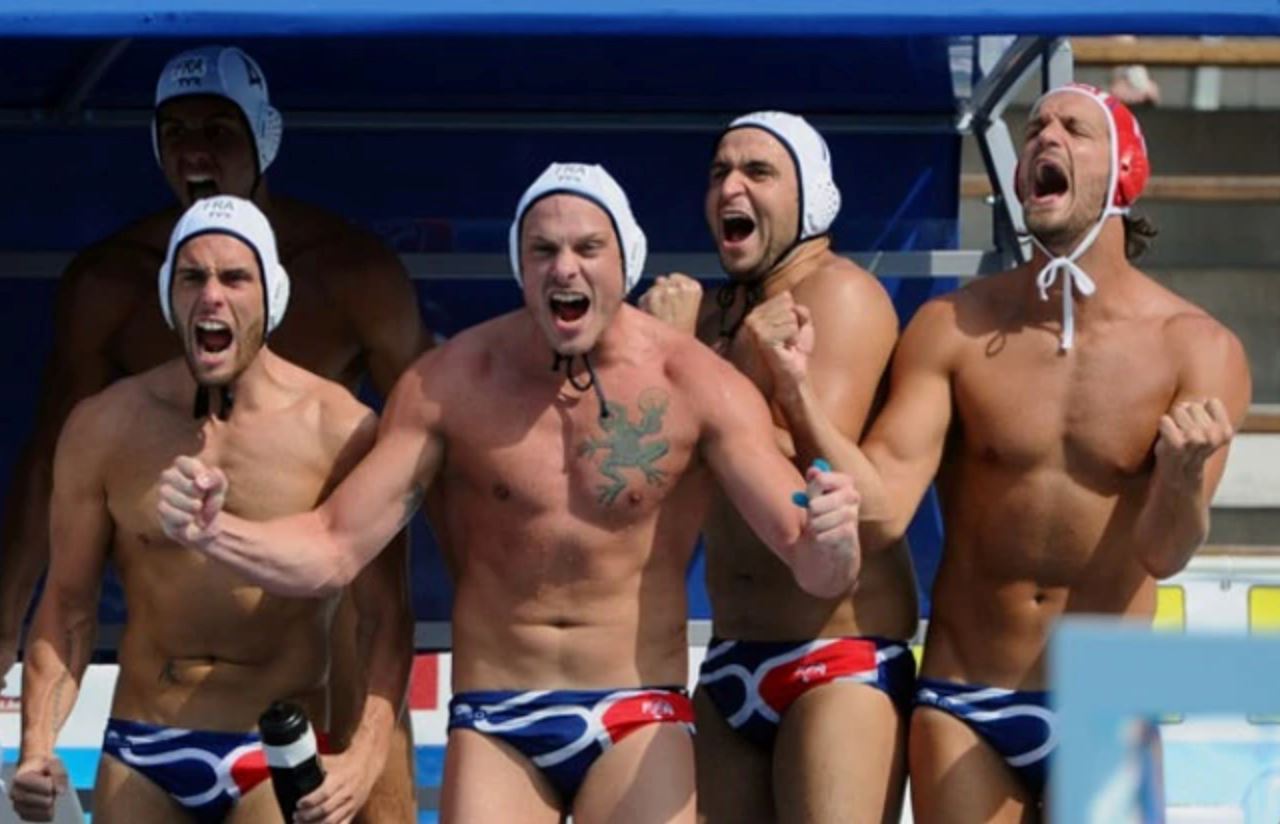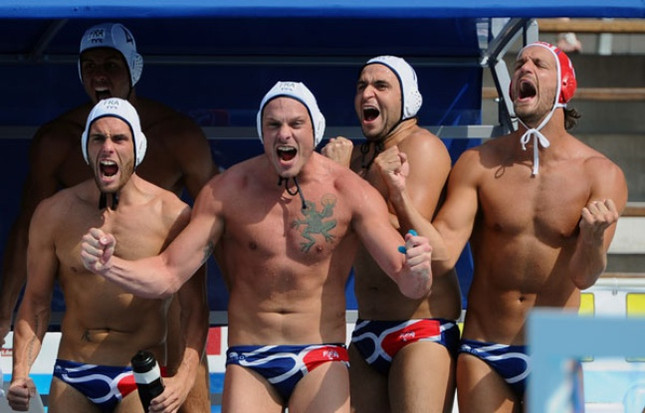Your Cart is Empty
Quick Background: France Wins By Losing
The French National Water Polo Team has been accused of intentionally losing a match versus Canada in order to secure a more favorable opponent the following game, all in hopes of qualifying for the 2016 Olympic Games. They accomplished their first goal—losing—and then their next—winning—and have thus earned a bid to the Olympics. For now…
Four-time Canadian Olympian, David Hart, has issued a letter and on-line petition to the tournament’s governing body, FINA, and the International Olympic Committee (IOC) calling for the disqualification of France, resulting in Holland taking their place in the 2016 Games.
For our purposes here, though, the question is, Is intentionally losing a game unethical?
FINA’s Own Rule Book Answers The Question
Such matters can often be tricky: philosophers consistently dabble in grey areas where hard answers seem untenable. But the rules governing this competition make this issue a bit more cut and dried. FINA explains how the purposes of rules such as those governing their anti-doping program,
…seek to preserve what is intrinsically valuable about sport. This intrinsic value is often referred to as “the spirit of sport”; it is the essence of Sport; it is how we play true.
Intentionally losing a competition certainly seems antithetical to adhering to the intrinsic value of sport. It exactly flies in the face of the spirit of sport—just imagine both teams trying to lose!—and, by definition, is not emblematic of playing “true.”
Failing to play water polo well is, of course, no cause to morally condemn athletes, necessarily. But the inherent point of the contest—the whole reason we agreed to do this in the first place—is to strive to achieve the objective (throw the ball in the goal, etc.) as per the rules, to the best of one’s ability. Thus, the roots of “competition”—to strive together. Setting out to avoid seeking the stated objective is to abstain from pursuing the implicitly agreed-upon purpose. Breaking an agreement for one’s personal gain is considered unethical in all walks of life, universally.
In addition to this, FINA provides more help as they list the values which they believe characterize the “spirit of sport,” some of which are:
Ethics, fair play and honesty
Excellence in performance
Character and education
Respect for self and other participants
Courage
Community and solidarity.
Even if these values were not explicitly listed in the literal rules of the federation governing the competition, they provide a great lens for examining what we want from sport. FINA should be commended for such a list.
A Reflection on Meaning and Values
As a teacher of both advanced level Philosophy and introductory level Ethics, I am envisioning an exercise in which I have the students look at each of these values and address them in light of a team that intentionally loses games. As with most similar ventures, my guess is that they will not only arrive at a clear-cut answer to this particular question but, maybe even better, will have a chance to really consider what it means to exhibit such profound virtues as fairness, excellence, character, courage, and community.
This, really, should be one of the motivations for tackling such an issue both at a leadership level and at the level of youth water polo players. Much in the same way that attending a wedding allows us to reflect on the true meaning of life’s richest virtues—respect, honor, love—this black mark on the sport of water polo affords us a similar opportunity.
My aim here has intentionally avoided addressing the judiciary component of the issue, i.e. “Did France throw the game?” That is a conversation of a different, albeit fascinating, sort. This, instead, is an opportunity to reflect on the essence of sport, why we play it, how we should play it, and the big-picture meaning of it all. From that vantage point, we can apply these insights to our own athletic lives and our lives outside of sport. And if it turns out France is guilty as charged and that FINA exhibits strong moral leadership, then we can cheer on Holland in the 2016 Olympics, knowing that the spirit and integrity of the competition was maintained.
About the author: Jack Bowen is a board member of Santa Clara University’s “Institute of Sports Law & Ethics” where he has written a three-part series on the Ethics of Intentionally Losing. He was a two-time National Champion water polo player at Stanford University, a member of the 1996 Olympic Training Team, and has coached water polo for 16 years at Menlo School where he teaches philosophy. He has published three books in philosophy and is currently working on his fourth book which focuses on virtue and value in sport. Jack is on twitter at @1jackbowen.




